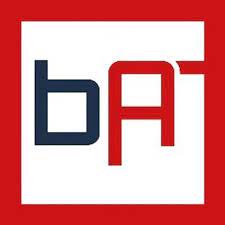Labor unions have been protecting the rights of workers as far back as the 18th century.
It’s because of collective bargaining and worker protests that some workforces today enjoy the right to argue for wage increases, access affordable healthcare, and improved working conditions within the workplace among many other achievements. In fact, Labor Day, a public holiday celebrated in many countries at various times of the year, was created at the insistence of organized labor unions.
But labor unions and industry have had a very fraught relationship with each other, especially in times of large-scale industrial transformation. As we face the dawn of “Industry 4.0″, a term experts use to refer to the era of automation, the purpose of labor unions is being questioned. Can organized workers be as effective at a time when work is being handed over to machines? What rights do workers have when machine efficiency outworks humans? Do workers rights even matter when there’s no more work left for people to do?
I spoke with Ilaria Armaroli, a PhD student at the University of Bergamo, who is studying labor and international relations. Armaroli also contributes her expertise on labor relations to ADAPT, a non-profit organization with the aim of promoting research and studies in the field of labor law and industrial relations.
The interview below was a learning experiencing for me. Labor unions are complex organizing bodies, and their survival will depend on whether industry truly values the everyday worker over the convenience of automation.
What kind of challenges are unions facing today?
To use the words expressed by Paul Marginson, a professor at the University of Warwick, unions in developing countries find themselves operating in a “fractured” world. Marginson is referring to the EU context and explained how the decline in union membership, the increasing heterogeneity in industrial relations across countries, and the weakening of collective bargaining vis-à-vis market and state governance have compromised the industrial relations dimension of the European Social Model, and led to a more unequal and less solidaristic outcome. His argument can be easily extended to all the Western world.
The most important challenges unions from developed countries are facing today are globalisation and international competition; demographic changes through migration and an ageing workforce; technological changes via elements like the sharing economy and digital innovation like automation; and the impact of climate change on jobs and the environment…
Continua a leggere su forbes.com





